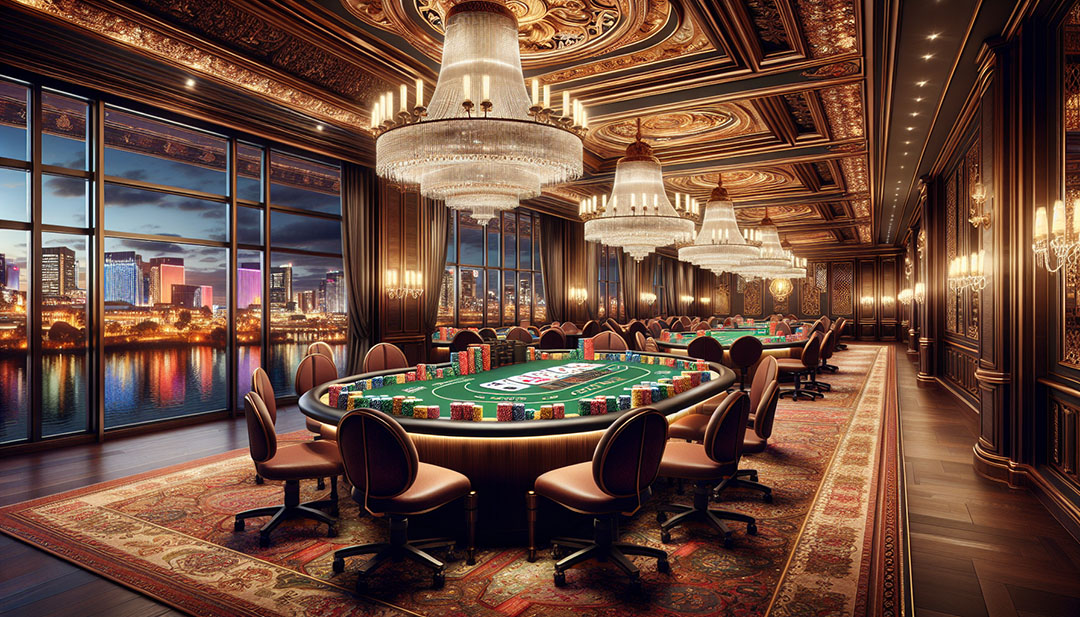Online gaming has grown to become a pastime for millions across the globe. It provides an element of escapism, community, and adrenaline rush. However, a growing concern is that online gaming could be perpetrating loneliness. How does this phenomenon happen?
Surface-Level Connections
Most video games offer in-game multiplayer modes, chat options, and guilds that tend to provide a social component. Even with these tools available, however, the connections many players make have been superficial. The conversations are usually engineered by talking about just the game without a deeper sense of connection and emotional support.
Isolation from Real-World Interactions
Spending too much time in virtual worlds puts one at the risk of overlooking real-life relationships. Gamers who start giving more time to their virtual networking at the cost of face-to-face interactions are likely to miss out on socially significant encounters. This type of isolation can gradually make one feel lonely and disintegrate him or her from the physical world.
The Allure of Anonymity
One of the features of online gaming is anonymity, which allows players to open up easily and give out personal details. This might create a feeling of intimacy in some cases, but most of these relationships lack trust and authenticity compared to real-life friendships.
It is this lack of accountability in the relationship that can put a gamer into feelings of betrayal and loneliness when online friends suddenly disappear or turn unexpectedly.
Escaping Reality
Many log on to online gaming as a means of escape from issues in the real world. In most cases, this relieves them momentarily but increases feelings of loneliness in the long run. When the game ends, the unresolved issues are still there and often feel more overwhelming than before.
The impact of online gaming on mental health is very critical in the creation of a balanced and fulfilling gaming experience. Read more for more insights and tips on how to maintain a healthy relationship with gaming.
Competitive Nature and Social Comparison
Competitive gaming worlds can foster feelings of inadequacy and isolation. Because players are constantly comparing their skills and successes to others, this places them under heavy pressure for good performance. This can be the cause of anxiety and feelings of failure, thus further alienating the people who do not feel they measure up.
Toxic Behavior and Cyberbullying
Moreover, online gaming can become quite anonymous, which again promotes the expression of other toxic behaviors and cyberbullying. The negative interactions in the form of harassment or exclusion from groups are very strongly related to the reduced mental health of a player. The constant bombardment with such negativity breeds isolation, loneliness, and, at times, suicide.
Lack of Physical Presence
Human interaction is not confined to mere verbal exchanges; facial expressions and body language are an integral part of communication in their own right. These are missing when one is gaming, and hence, it becomes very challenging to develop actual relationships. The absence of these factors can make a player feel misunderstood and lonely.
Time Zone Differences
Online gaming unites people all around the globe; these gamers reside in different time zones, which makes it hard to have constant interaction. Probably in most cases, players just can’t regularly find a group to play with—it’s a rather irregular and therefore unreliable social activity. This irregularity could be another reason that might increase the sense of loneliness even more.
Creating Balance and Real Connections
To have a life free of isolation from gaming, one needs moderation. Setting time limits and working on real-life relationships allows balance. Getting involved in other activities like sports or other hobbies will give different socialization activities.
Developing Offline Friendships
Encourage them to bring their online gaming friendships into the real world. Setting up meetups, hitting gaming conventions, or even catching up with other players in your area will cement those bonds. Real-life interactions bring a dimension and authenticity that elude online relationships.
Getting Help
Individuals who experience feelings of loneliness can contact professionals who deal in mental health for guidance on how to get out of the feeling. The therapists and counselors may provide the individual with means on how to alleviate such feelings and develop social skills. Online mental health forums and groups may provide knowledge and empathy.
Conclusion
While there are several advantages connected with online gaming, it can equally lead to loneliness. Balancing gaming against real-life relationships and activities will help to maintain a healthy social life and protect one from feelings of loneliness and isolation.





















6 Comments